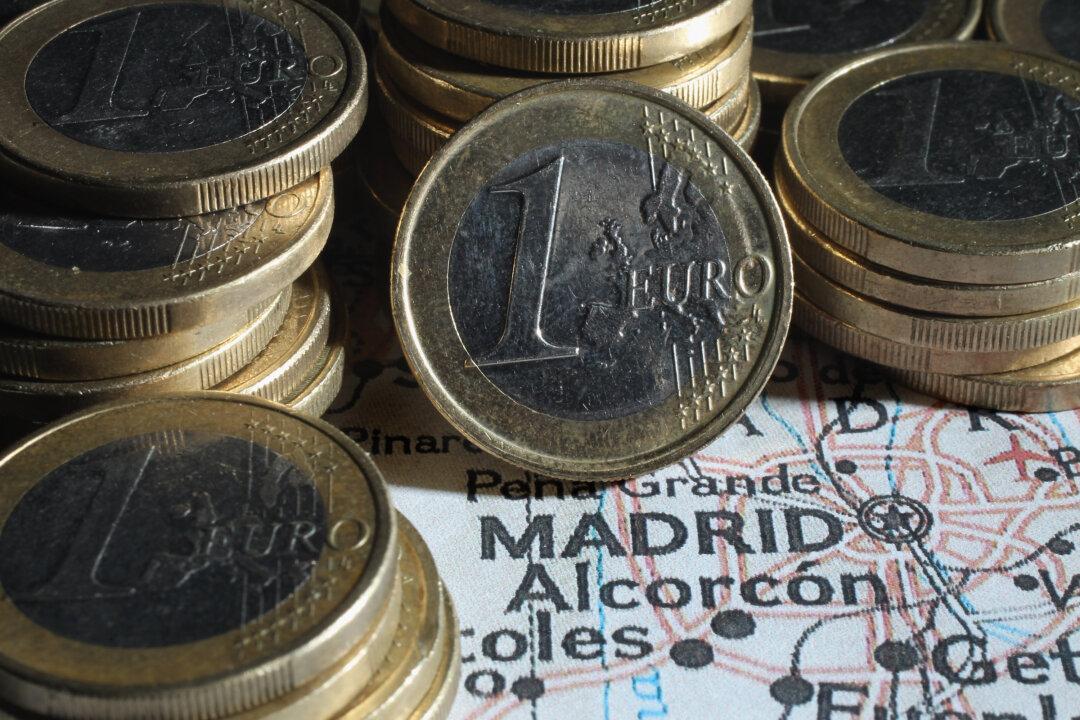Inflation levels in Spain surged to a 13-year-high in September driven by increasing energy costs, among other things, data from the National Statistics Institute (INE) showed on Wednesday.
The flash indicator prepared by the INE (pdf) showed that national consumer prices rose 4.0 percent year-on-year, the highest reading since September 2008, when the rate was 4.5 percent.




